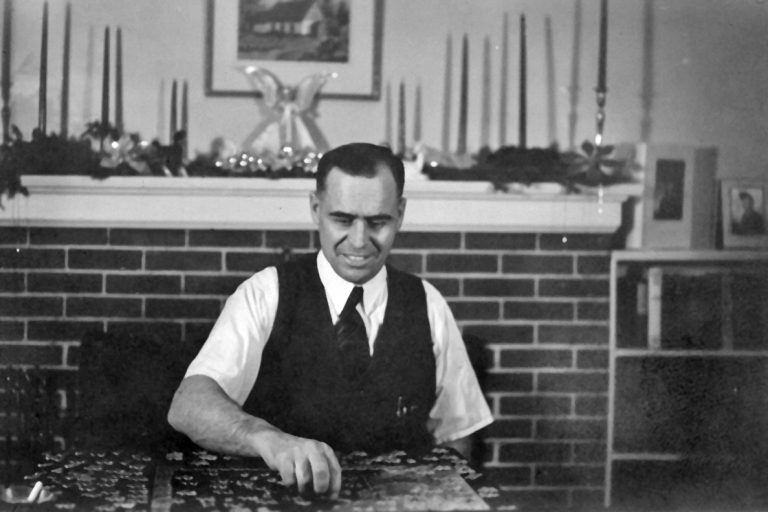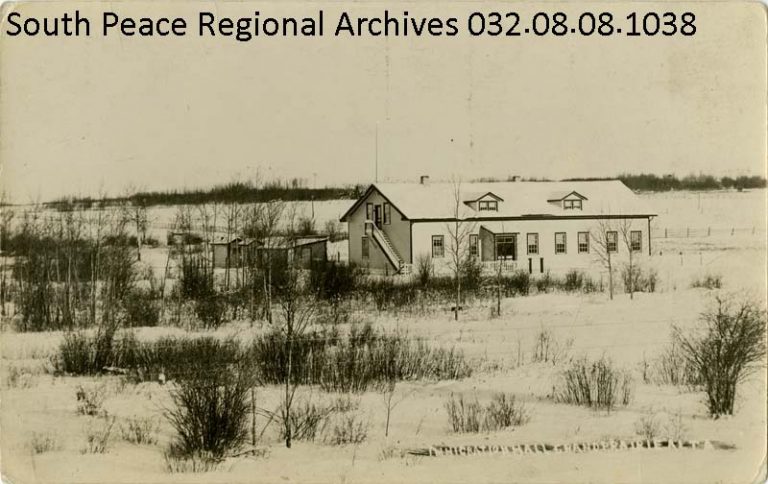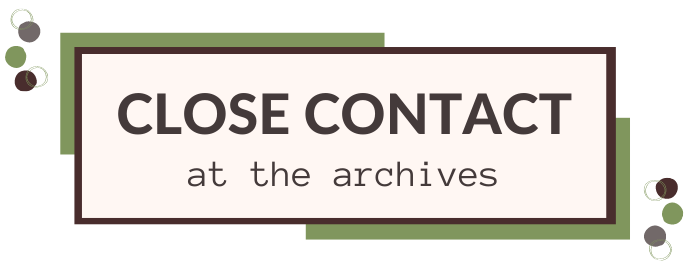

When faced with significant and sometimes disruptive events, people frequently look to the events of the past in order to make sense of their current circumstances. The ongoing pandemic has sparked a renewed interest in historical public health measures and pandemic-related records at the South Peace Regional Archives. From research requests regarding Spanish Flu, to our Folktales tour featuring Small Pox at Rio Grande, to interviews with the media, the Archives has met a significant demand this year for educational content that compares and contrasts the public health measures of yesteryear with the precautions we’ve taken with COVID-19. Examining these parallels can allow us to learn from our history and, hopefully, improve our response to current and future events.
The Folktales in the Heritage Village Tour is an annual event held in conjunction with the Grande Prairie Museum. The event features a guided tour of the Museum’s Heritage Village while costumed storytellers regale guests with spooky accounts of missing persons, disasters, and even murders from the Peace Region, all inspired by actual historical events documented in the Archive. Guests at last year’s event learned about the epidemic of smallpox that impacted the South Peace region in 1927 and heard Dr. Carlisle‘s personal account of vaccinating the Indigenous community at Rio Grande. Dr. Carlisle came to Lake Saskatoon in 1921 and served as doctor for much of the following 34 years in the Lake Saskatoon, Wembley, and Grande Prairie area. The Carlisle Family fonds (Fonds 399) documents his experience as a pioneer doctor and includes an oral history that is available on our YouTube page.
Listen to the audio recording below to hear Dr. Carlisle’s account of the incident. Note: In his recording, Dr. Carlisle refers to “Indians,” terminology that was common at the time but is now considered outdated and offensive.

We’ve also had many inquiries about Spanish Flu, including research requests, media interviews, and presentations to local community groups. By looking into the past, we can see many parallels of community solidarity and health-focused care during stressful times. During the Spanish Flu in 1918, the Grande Prairie Board of Health cancelled all public gatherings and implemented mandatory face masks for those that did have to go out in public. During the pandemic, many community members and organizations volunteered their help and created temporary solutions to overcome community challenges. We see similar examples of resilience and community spirit during the COVID-19 pandemic. Throughout this pandemic, the Archives’ reach has expanded beyond our doors through media interviews, research requests, and virtual events.

